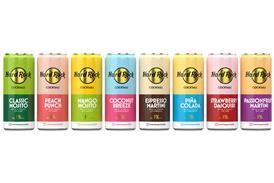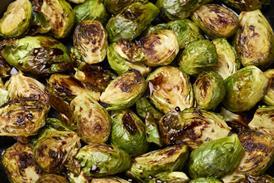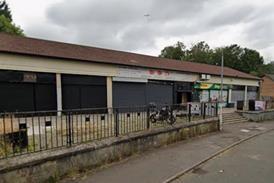The government must implement a minimum price for alcoholic drinks, Scottish health campaigners have demanded.
A study by the Scottish Health Action on Alcohol Problems group (SHAAP) concludes that raising the price of drinks could help prevent some of the hundreds of alcohol-related deaths that occur each year.
A 10% increase in drink prices could save the lives of an estimated 479 Scottish men and 265 women each year, it maintains.
The report claims to have found evidence of a clear link between cheaper alcohol pricing and increased levels of consumption. Alcohol was 62% more affordable in 2005 than in 1980, it points out.
"Cheap alcohol is a factor in rising consumption levels and associated harm," it said. "More significantly, in terms of alcohol policy, it is an area in which government regulatory action could make a difference in reducing alcohol-related harm."
The report concludes that legislative price control would be the most effective means of reducing alcohol-related harm.
Along with its recommendation to introduce a minimum price for alcoholic drinks, the report also calls for tax to be linked to alcohol strength. It also urges that the duty on cider be increased in relation to its alcoholic strength, and taxed at the same rate as beer. An end to 'irresponsible'
alcohol promotions is also called for.
The Scottish government said it shared SHAAP's
concerns and would be looking at what action could be taken to tackle 'irresponsible' drinks promotions and alcohol pricing issues such as deep discounting.
A study by the Scottish Health Action on Alcohol Problems group (SHAAP) concludes that raising the price of drinks could help prevent some of the hundreds of alcohol-related deaths that occur each year.
A 10% increase in drink prices could save the lives of an estimated 479 Scottish men and 265 women each year, it maintains.
The report claims to have found evidence of a clear link between cheaper alcohol pricing and increased levels of consumption. Alcohol was 62% more affordable in 2005 than in 1980, it points out.
"Cheap alcohol is a factor in rising consumption levels and associated harm," it said. "More significantly, in terms of alcohol policy, it is an area in which government regulatory action could make a difference in reducing alcohol-related harm."
The report concludes that legislative price control would be the most effective means of reducing alcohol-related harm.
Along with its recommendation to introduce a minimum price for alcoholic drinks, the report also calls for tax to be linked to alcohol strength. It also urges that the duty on cider be increased in relation to its alcoholic strength, and taxed at the same rate as beer. An end to 'irresponsible'
alcohol promotions is also called for.
The Scottish government said it shared SHAAP's
concerns and would be looking at what action could be taken to tackle 'irresponsible' drinks promotions and alcohol pricing issues such as deep discounting.























No comments yet